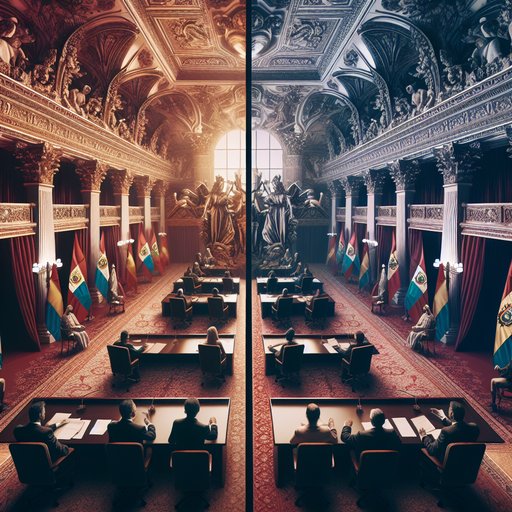
In a significant development that highlights the ongoing tensions between political factions in Bolivia, the country's Supreme Court has issued an unprecedented order calling for an urgent review of cases involving three prominent right-wing political leaders. The decision marks a potential turning point in the nation's political landscape and has drawn attention to the complex relationship between judicial systems and political ideologies [1].
The Supreme Court's directive represents a rare intervention in what has become a highly contentious political matter. The order specifically mandates that judges must conduct an immediate review of the detention conditions and legal proceedings concerning three key opposition figures. This move could potentially lead to their release, marking a significant shift in the country's political dynamics [1].
The timing of this decision is particularly noteworthy as it comes during a period of heightened political tension in Bolivia. The case has drawn international attention and raised questions about the balance between judicial independence and political influence in Latin American democracies. The Supreme Court's intervention suggests a possible recalibration of the relationship between the judiciary and political actors.
The development has sparked discussions about the broader implications for political opposition figures in Bolivia and potentially other Latin American nations. Legal experts are closely monitoring the situation, as the outcome could set important precedents for similar cases involving political detention and judicial review processes.
The case highlights the ongoing challenges faced by many countries in maintaining a balance between political stability and ensuring fair treatment of opposition leaders. The Supreme Court's decision to expedite the review process demonstrates the judiciary's crucial role in addressing politically sensitive cases while maintaining legal integrity.
























